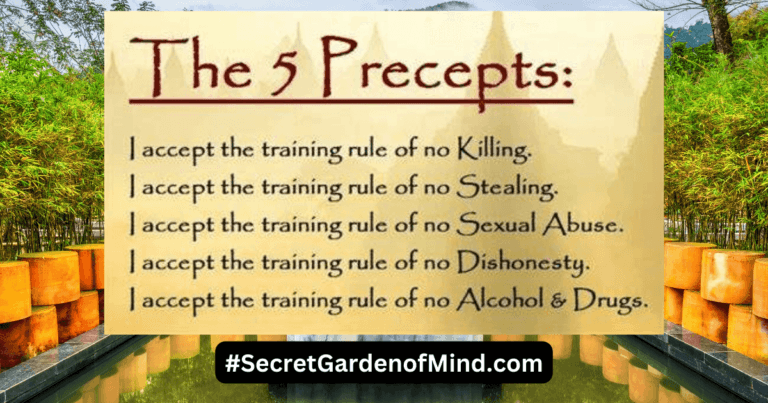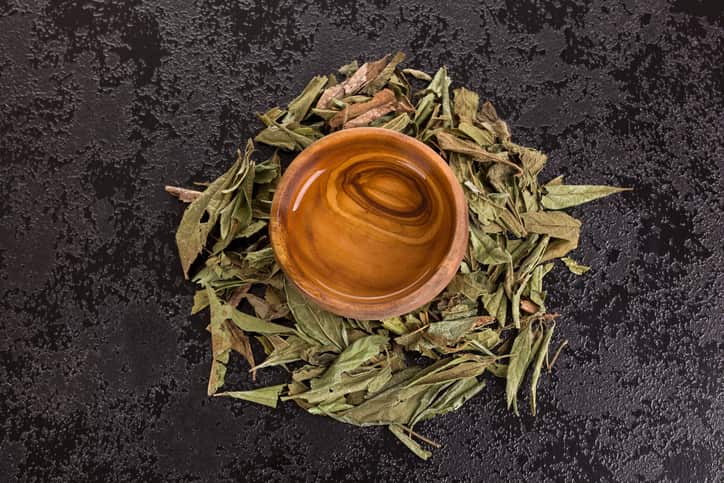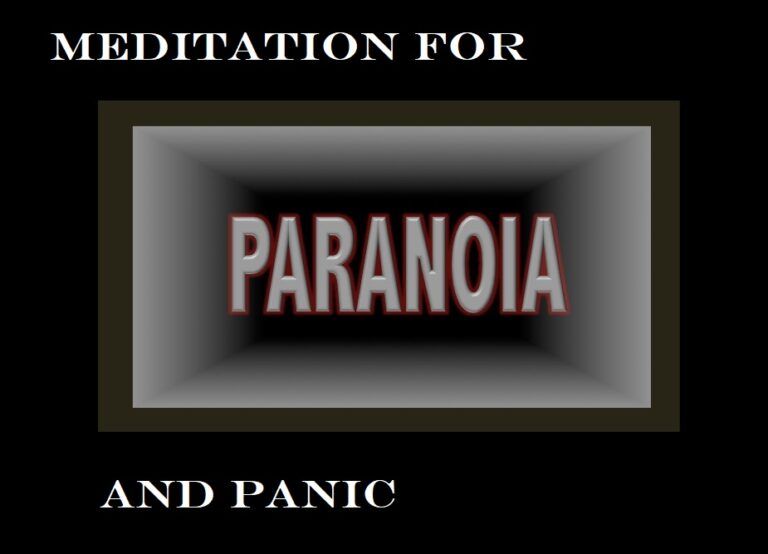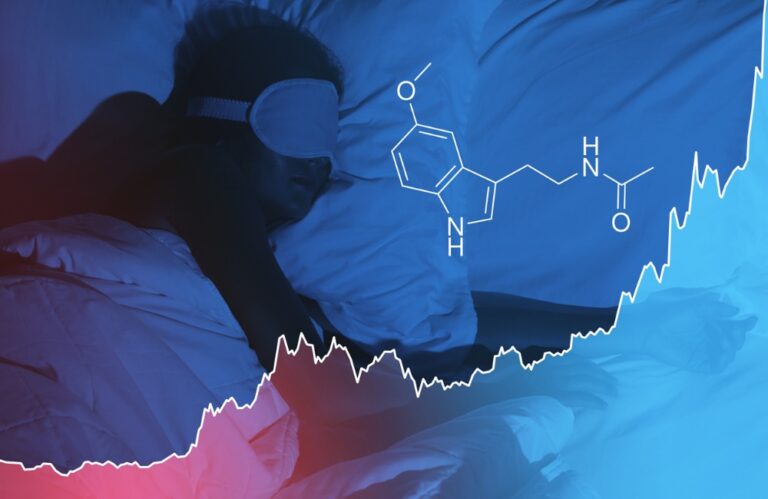Does Milk Help Lucid Dreaming? Strange Fact or Myth?
Does Milk Help Lucid Dreaming? Strange Fact or Myth? This is something I have been thinking about recently. It sounds daft but there is actually quite a bit to think about here.
For instance, drinking warm milk before bed is said to help you sleep, and how about babies that fall asleep whilst being breastfed or with a bottle of milk? I mean I would say there definitely is something in milk that helps you sleep. At least based on my own experience, but seriously how true is this?
Can consuming dairy products, such as milk, really help with sleep and further to that Lucid Dreaming?
So some people claim that drinking milk before bed can increase the likelihood of having Lucid Dreams. It hasn’t ever been the case for me but this topic when I come across it recently did make me want to learn more.
About really if dairy products such as milk have any impact on the frequency or quality of Lucid Dreams. It might sound daft but actually, there are some things to note that may convince people otherwise.
Something I am sure that anyone reading this article will soon see.
But before we continue if Lucid Dreaming is something that interests you then please take the time to check out some of our other posts on this topic. I will share some links quickly below.
- Understanding Lucid Dreams: A Guide to Lucid Dream Analysis
- Sleep Cycles and Lucid Dreaming: How Does One Affect The Other?
- Can You Train Your Brain To Lucid Dream? and Other FAQs
- Lucid Dreams and Meditation – The Common Link
Now, this I’m hoping will be just the start of more things to come but anyway back to the question…
Does Milk Help Lucid Dreaming? Really?

So here is something to think about. How many times have you heard that eating Cheese before bed can give you nightmares? Like seriously? You could probably call this an old wives tale but here is where it gets interesting.
So nightmares are vivid dreams. Vivid dreams like Lucid Dreams happen during REM sleep and Cheese is made from Milk, right? But not only this, milk and cheese are dietary sources of Tryptophan.
Tryptophan is an amino acid that helps the body to create both Serotonin and Melatonin. The drug LSD is Lysergic DiMethylTryptophan (DMT). Maybe you get where I’m going with this one – Tryptophan can do some unreal things to the brain but here is my point…
Increased Melatonin production increases the likelihood of REM sleep and this increases the chances of Lucid dreaming.
They say milk only contains very small trace amounts of Tryptophan but I definitely believe this.
But What is Lucid Dreaming In Retrospect?
I would expect most people reading this to know what Lucid Dreaming is already. It is the incredible ability to wake up in your dreams and gain an enhanced level of awareness and control of what happens whilst you are dreaming.

Some amazing points to make about Lucid Dreaming before we continue are as follows;
- Higher Levels of Brain Activity: Studies using electroencephalography (EEG) have found that brain activity during lucid dreaming is similar to that of wakefulness, with higher levels of activity in the prefrontal cortex, the area responsible for decision-making and self-awareness. This suggests that lucid dreaming involves a heightened level of self-awareness and cognitive control.
- Sleep Stages: Lucid dreaming occurs during the Rapid Eye Movement (REM) stage of sleep, which is characterized by rapid eye movements and increased brain activity. During REM sleep, the brain is highly active and disconnected from the external world, creating a vivid and immersive dream environment that can be manipulated by the dreamer.
- Neurotransmitters: Studies have shown that the neurotransmitter acetylcholine is involved in the process of lucid dreaming, with higher levels of acetylcholine being associated with an increased likelihood of lucid dreams. Other neurotransmitters, such as serotonin and dopamine, may also play a role in the regulation of sleep and dreaming.
The Milk and Lucid Dreaming Connection
The idea that milk can help with lucid dreaming has been circulating in popular culture for many years. Some people believe that drinking milk before bed can increase the likelihood of having lucid dreams, as it is thought to contain certain substances that can induce vivid and memorable dreams.
However, there is currently no scientific evidence to support this claim. As much as people might think otherwise, studies that have explored the relationship between diet and dreaming, have been inconclusive and often conflicting.
For example, one study found that people who consumed more dairy products reported having more nightmares, while another study found that a high-protein diet was associated with increased dream recall. It is not that this data is wrong but as dreaming is largely a mysterious phenomenon scientific data is not exactly reliable.
But still, the belief that milk can enhance dreaming and promote lucid dreaming persists among many people.
As much as scientists might try to call this BS there is certainly a link between dairy products and Tryptophan.
According to WebMD;
“Whole Milk is one of the largest sources of tryptophan, including 732 milligrams per quart. 2% reduced fat milk is also a good source, coming in at 551 milligrams per quart”. [R]
So this is definitely the elephant in the room…
But How About Milk, Melatonin, and REM Sleep?
Despite the inconclusive data, which I mentioned in the last section still there has been some research exploring the link between milk, melatonin, and REM sleep.
Note: REM (Rapid Eye Movement) is the stage of sleep associated with dreaming and lucid dreaming.
And as for Melatonin, this is the hormone that is produced by the pineal gland that is involved in regulating the sleep-wake cycle. It is also very important for sexual reproduction and this hormone itself is very mysterious but anyway so…
Milk contains small amounts of tryptophan, an amino acid that is a precursor to serotonin and melatonin.
Some studies have suggested that consuming foods or drinks that contain tryptophan, such as milk, may help increase melatonin production and improve sleep quality. This could potentially lead to more vivid dreams and a higher likelihood of experiencing lucid dreams during the REM stage of sleep.
I mean this alone says everything to me. If drinking milk can increase melatonin production then it surely can influence the likelihood of lucid dreaming but how likely is this to happen?
I would say fair enough, try it out and see. Get yourself a bottle of whole-fat milk and drink a glass before bed and see if this affects the dreams you have. It’s no big deal really. You either will or you won’t but realistically there are other ways to help get more REM sleep that may be better which you can try besides this. Maybe even for better results. So…
Here Are Some Other Tips for Getting More REM Sleep
Getting enough REM sleep is essential for overall health and well-being, and this is the silver lining before we even think about ways to induce lucid dreaming. To get more REM sleep simply try to keep in mind these ideas below;
- Establish A Calming Bedtime Routine: To get better REM sleep start by creating a relaxing routine to help your body and mind wind down before sleep. This could include taking a warm bath or shower, practicing relaxation techniques such as deep breathing or meditation, or maybe even reading a book.
- Maintain A Regular Sleep Schedule: Further to this try to go to bed and wake up at the same time each day, even on weekends. This helps regulate your body’s internal clock (Circadian Rhythm) and can lead to better sleep quality and more consistent REM sleep.
- Minimize Screen Time Before Bed: This is very important as the blue light emitted by electronic devices such as smartphones and computers can interfere with sleep by suppressing the production of melatonin, which needs as well as light intervals of darkness. So avoid using screens for at least an hour before bedtime.
- Create A Comfortable Sleep Environment: Make sure your bedroom is quiet, cool, and dark. Use comfortable bedding and pillows, and consider investing in a better-quality mattress if necessary.
- Limit Caffeine and Alcohol Intake: Seriously, both caffeine and alcohol can disrupt sleep, so it’s important to avoid consuming them in the hours leading up to bedtime. If you really want a Lucid Dream, try giving up both!
- Practice Lucid Dream Induction Techniques: Techniques such as reality checks, dream journaling, and visualization can increase the likelihood of having lucid dreams. Actually wanting to have lucid dreams helps too. So, Incorporate these techniques into your bedtime routine and continue to practice them regularly. See what happens.
- Try Taking Sleep Supplements: Firstly, I would avoid melatonin supplements because these can disrupt natural melatonin production and leave you worse off in the long run but other sleep supplements may be beneficial. Even some supplements are marketed as lucid dream supplements. >> See one I recently reviewed here<<
I shall not drag this article out for too much longer. I think I’ve pretty much-covered everything here but just to sum everything up.
Before I drink my glass of milk and go to bed ?
In Conclusion
As strange as it might sound there are several takeaways that may help support this idea;
- Milk and Dairy Products are sources of L-Tyrosine and Tryptophan
- What’s inside milk can help to produce Serotonin and Melatonin
- Many people report vivid dreams, nightmares, and even lucid dreams after consuming dairy before bed
- Milk helps with sleep for many people. Just look at breastfed babies.
Science does not support the idea of milk and other dairy products inducing lucid dreams but generally lucid dreaming is an enigma in itself. Other than brain scans that show increased brain activity in lucid dreamers this is really it.
The whole process of Lucid Dreams remains to be one of life’s greatest mysteries. Many questions about Lucid Dreaming may never be answered, but any person that dreams will know what this experience can really unveil. So I will leave it here and any questions you have or if you’d like to leave any feedback please do so in the comments below;
Related Posts:
- Understanding Lucid Dreams: A Guide to Lucid Dream Analysis
- Sleep Cycles and Lucid Dreaming: How Does One Affect The Other?
- Can You Train Your Brain To Lucid Dream? and Other FAQs
- Lucid Dreams and Meditation – The Common Link
References:
- LaBerge, S., & Rheingold, H. (1990). Exploring the World of Lucid Dreaming. Ballantine Books.
- Tholey, P. (1983). Techniques for inducing and manipulating lucid dreams. Perceptual and Motor Skills, 57(1), 79-90.
- Erlacher, D., Schredl, M., Watanabe, T., & Yamana, J. (2008). Lucid dreaming: Intensity, but not frequency, is associated with rehabilitation from nightmare distress. Journal of Clinical Sleep Medicine, 4(6), 519-526.
- Denholm, J. T. (2017). A systematic review of the evidence for the effectiveness of foods, drinks, supplements, or drugs on the induction or enhancement of lucid dreams. Dreaming, 27(3), 206-231.
- Jones, K. (2012). Lucid Dreaming: A Concise Guide to Awakening in Your Dreams and in Your Life. Sounds True.
- Aspy, D. J., Delfabbro, P., Proeve, M., & Mohr, P. (2018). Reality testing and the mnemonic induction of lucid dreams: Findings from the national Australian lucid dream induction study. Dreaming, 28(3), 145-156.





